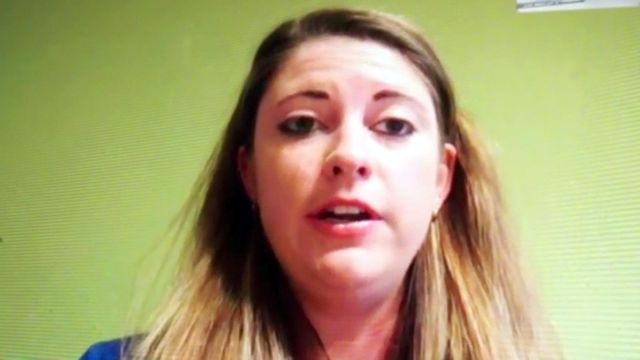Feds: UNC-CH mishandled campus sex assault cases
Federal investigators have determined the University of North Carolina at Chapel Hill violated Title IX regulations in its handling of sexual assault cases on campus.
Posted — Updated"I was a 20 year old who took on a 200 year old university. I won," Andrea Pino, one of the women whose outrage sparked the federal investigation, tweeted Tuesday.
"To now have the federal government saying no you were right and UNC messed up, I think, is very important," said Annie Clark, another of the women who filed the initial complaint.
The Office for Civil Rights said the university didn't properly train staffers to implement procedures for handling sex assault allegations, so cases weren't addressed in a timely manner.
"The University's own records from that time period [2011-12 and 2012-13] suggest improper action, or inaction, by University staff at different levels of the complaint process," federal investigators wrote in their findings. "Additionally, the University's inadequate recordkeeping made it difficult to determine the extent of any noncompliance during this period."
University records also "reflect inequities" in the hearing process and that the response to complaints "was not prompt."
In cases filed in 2014-15 and the start of the 2015-16 school year, investigators said, the university "generally conducted adequate, reliable and impartial investigations." But again, they said, it was difficult to assess whether complaints had a "timely resolution" because of inadequate documentation.
"Nothing is more important to us than creating a culture at Carolina where every member of our campus community feels safe, supported and respected," Chancellor Carol Folt and Vice Chancellor Felicia Washington said in a statement. "While this concludes the OCR investigation, it does not conclude our commitment."
In a resolution agreement signed last Thursday by Folt, university administrators have agreed to review and revise Title IX policies and grievance procedures, the data collection process in sex assault cases and the training for staff members who handle these cases. The school has a timeline for accomplishing these goals and has to supply written proof of completing them to the Office for Civil Rights.
Folt and Washington note that federal investigators acknowledged the progress UNC-Chapel Hill has made in recent years in responding to sex assaults on campus.
Clark, 28, has gone on to become a vocal public voice for change, founding a national nonprofit called End Rape on Campus. She said she hopes the findings will not only effect change at UNC-Chapel Hill but at universities across the country.
"It's important to remember that UNC is not a villain. It's a microcosm of a much larger problem," she said. "The only reason we filed this complaint is that we loved our institution and wanted to make it better and believed that it could be."
The resolution agreement is only "a piece of paper," Clark said, noting that, while written guidelines are promising, real change requires a cultural shift.
"I am very hopeful, very grateful that we finally have a resolution in our particular cases, but we are a few of very many, and there's a lot more change that needs to happen," she said.
Separately, UNC-Chapel Hill is fighting a lawsuit filed by Capitol Broadcasting Co., the parent company of WRAL News, and other media organizations to release records of students disciplined for sexual misconduct.
Related Topics
• Credits
Copyright 2024 by Capitol Broadcasting Company. All rights reserved. This material may not be published, broadcast, rewritten or redistributed.






